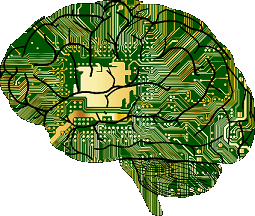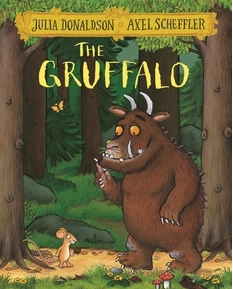
The human brain loves patterns. We identify patterns everywhere, even where they don’t exist. In the past, this has been of evolutionary benefit. Being able to recognise poisonous tree frogs or tigers or gaps in a forest floor, or tribe members who look like us have all been helpful to our survival. The brain is an expensive engine to run, and any heuristic that helps us be more efficient saves us energy.
Continue reading “Pattern matching and the lost evolutionary high ground”


 I’m currently reading
I’m currently reading  There have been warnings for many years about the potential for disaster with Artificial Intelligence implementations. Many luminaries, from Elon Musk to Stephen Hawking, have warned about the implications if we unwittingly create a robotic overlord who deems that we are irrelevant at best and destructive at worst, and decides the world will be better off without us.
There have been warnings for many years about the potential for disaster with Artificial Intelligence implementations. Many luminaries, from Elon Musk to Stephen Hawking, have warned about the implications if we unwittingly create a robotic overlord who deems that we are irrelevant at best and destructive at worst, and decides the world will be better off without us. I don’t know how many times this has come up in conversations with staff members and mentees over the years, but it’s been quite a few. “I’m too busy to take a course..”; “My manager won’t let me study.”; “I would have to do the study in my personal time..”; “The tools are too difficult to use.”. I don’t have time to learn.
I don’t know how many times this has come up in conversations with staff members and mentees over the years, but it’s been quite a few. “I’m too busy to take a course..”; “My manager won’t let me study.”; “I would have to do the study in my personal time..”; “The tools are too difficult to use.”. I don’t have time to learn. On the day of my daughter’s 15th birthday I stood in the cold in the local churchyard with her, and well more than a hundred others, and waited for the body of her best friend’s father to arrive.
On the day of my daughter’s 15th birthday I stood in the cold in the local churchyard with her, and well more than a hundred others, and waited for the body of her best friend’s father to arrive. I
I